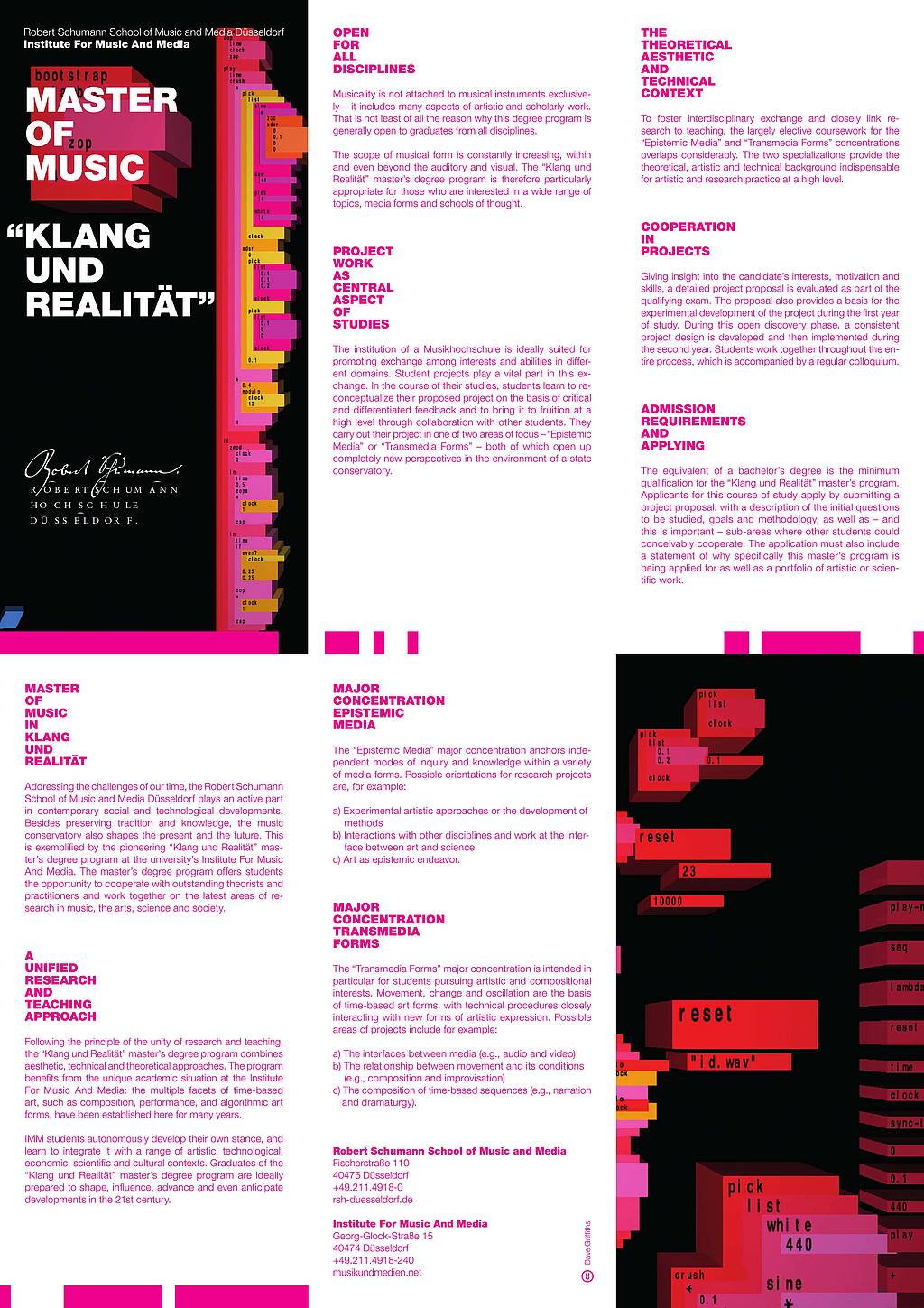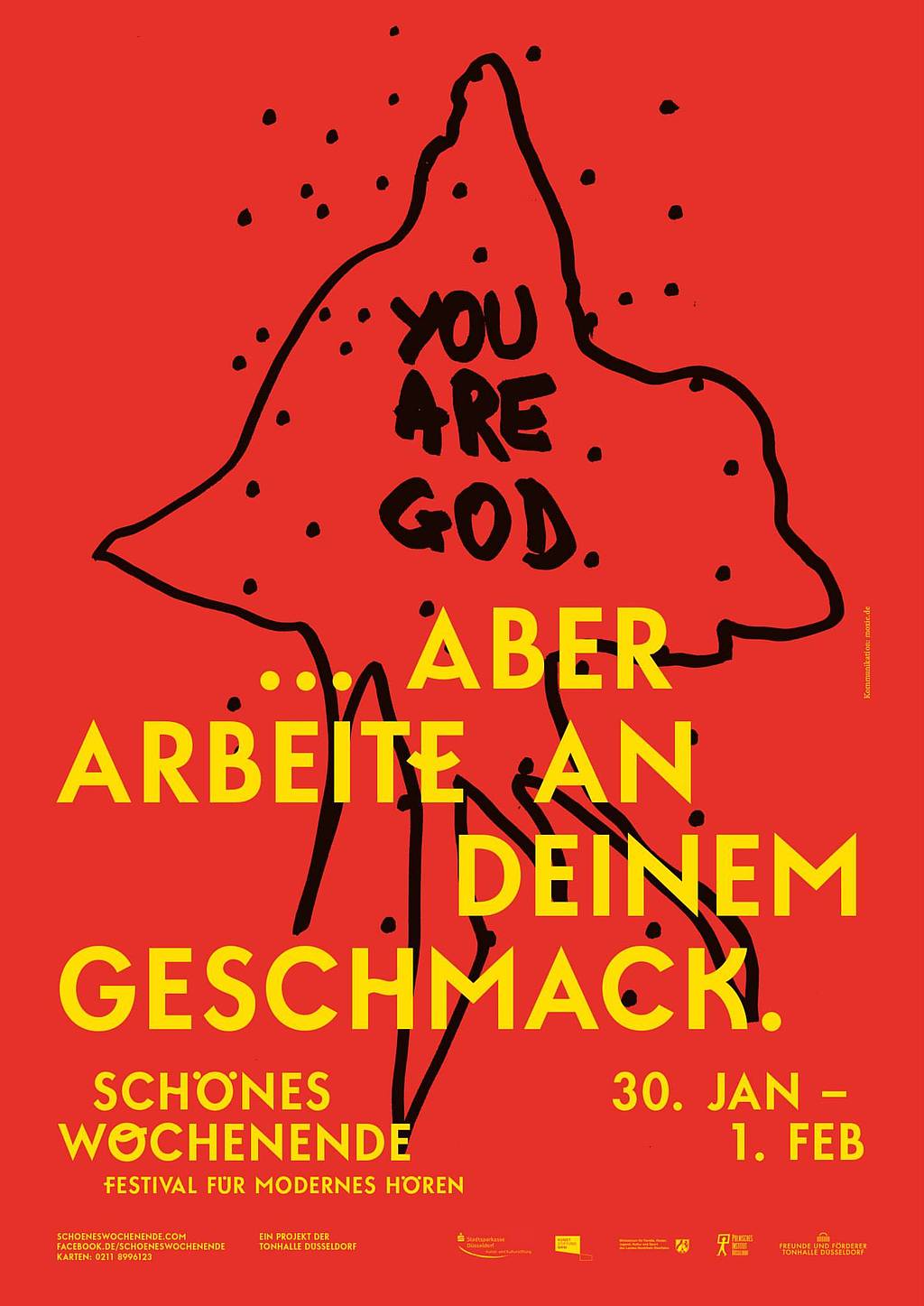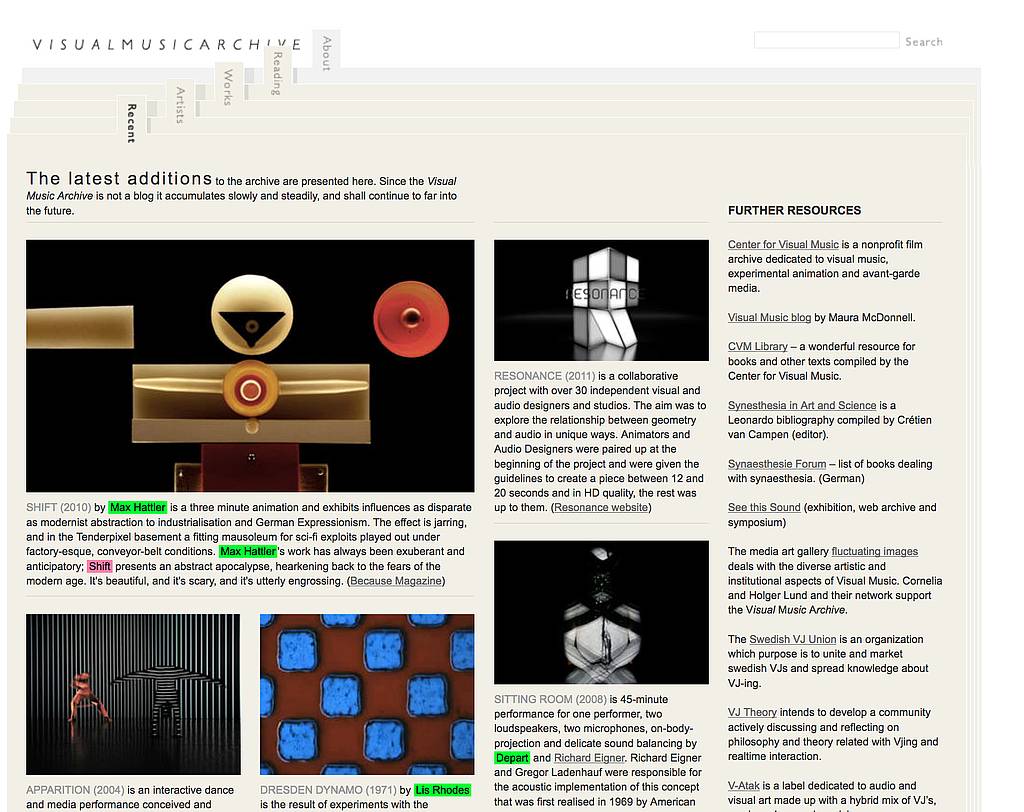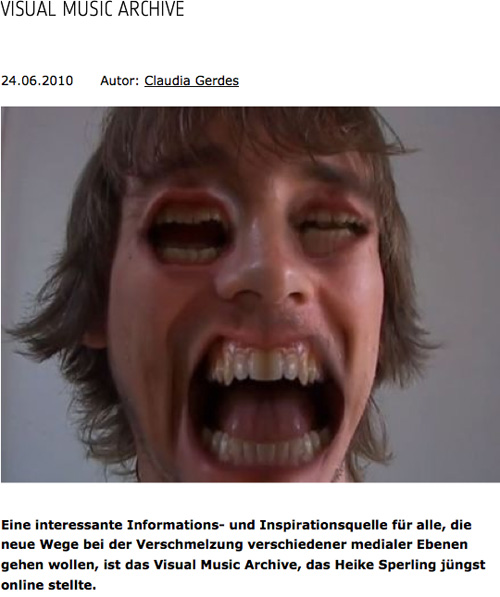New master's degree program
Klang und Realität, Master of Music
March 3rd, 2017
In close collaboration with my inspired colleague Prof. Julian Rohrhuber we created the amazing Klang und Realität master's degree program at the Institute For Music And Media.
Via Institute For Music And Media: "Following the principle of the unity of research and teaching, the Klang und Realität master’s degree program combines aesthetic, technical and theoretical approaches. The program benefits from the unique academic situation at the Institute for Music and Media: the multiple facets of time-based art, such as composition, performance, and algorithmic art forms, have been established here for many years.
IMM students autonomously develop their own stance, and learn to integrate it with a range of artistic, technological, economic, scientific and cultural contexts. Graduates of the Klang und Realität master’s degree program are ideally prepared to shape, influence, advance and even anticipate developments in the 21st century.
Musicality is not attached to musical instruments exclusively – it includes many aspects of artistic and scholarly work. That is not least of all the reason why this degree program is generally open to graduates from all disciplines.
It is therefore particularly appropriate for those who are interested in the diversity of media forms, schools of thought and topics. The institution of a Musikhochschule is ideally suited for promoting exchange among interests and abilities in different domains.
Student projects play a vital part in this exchange. In the course of their studies, students learn to re-conceptualize their proposed project on the basis of critical and differentiated feedback and to bring it to fruition at a high level through collaboration with other students. They carry out their project in one of two areas of focus – Epistemic Media or Transmedia Forms – both of which open up completely new perspectives in the environment of a state conservatory."
The fabulous flyer was designed by Double Standards, Berlin.
Here are the PDF files: German version and English version.









